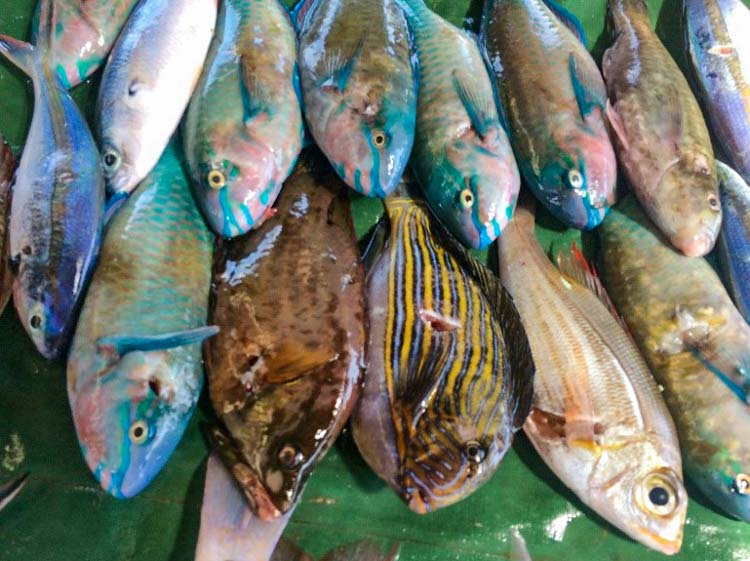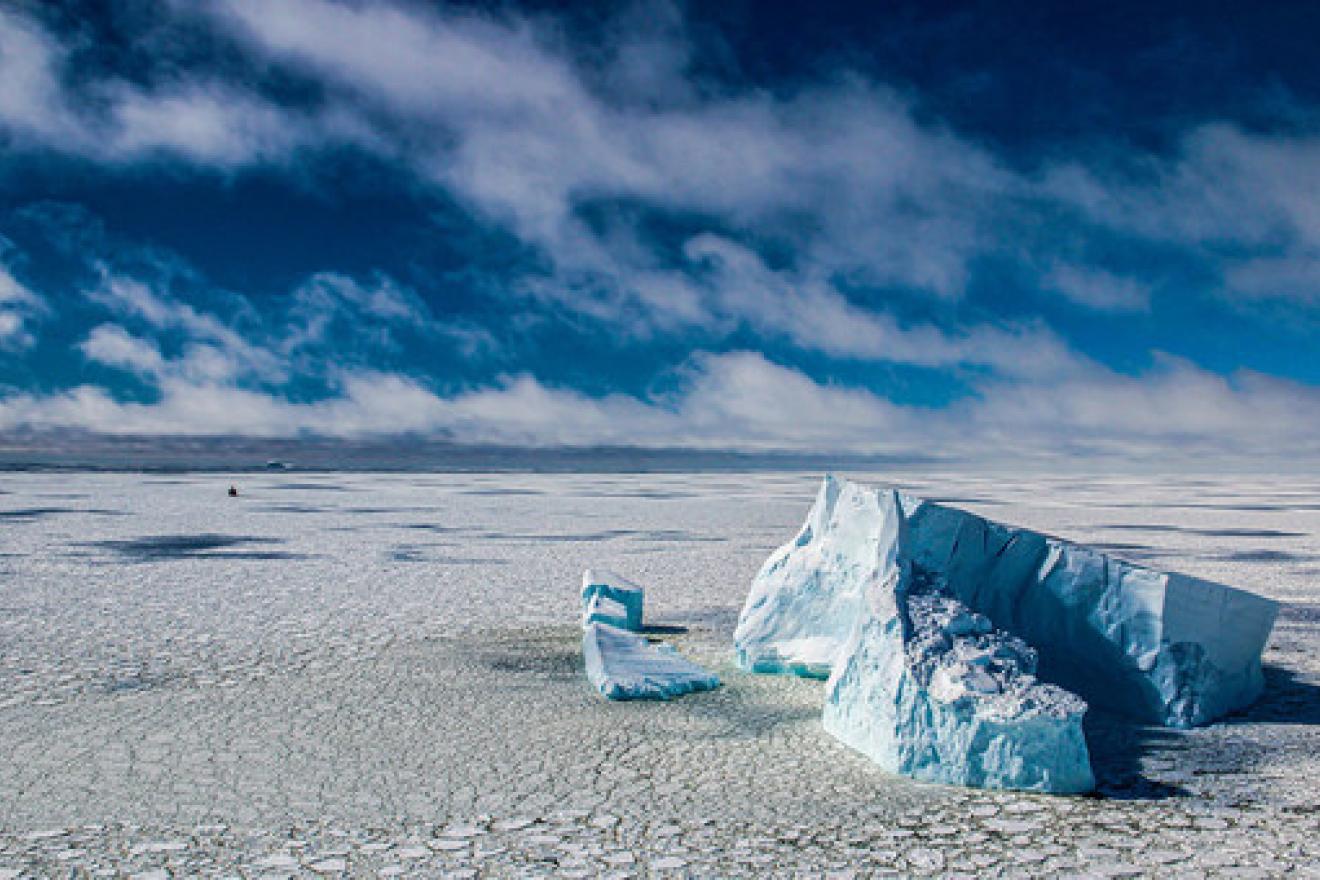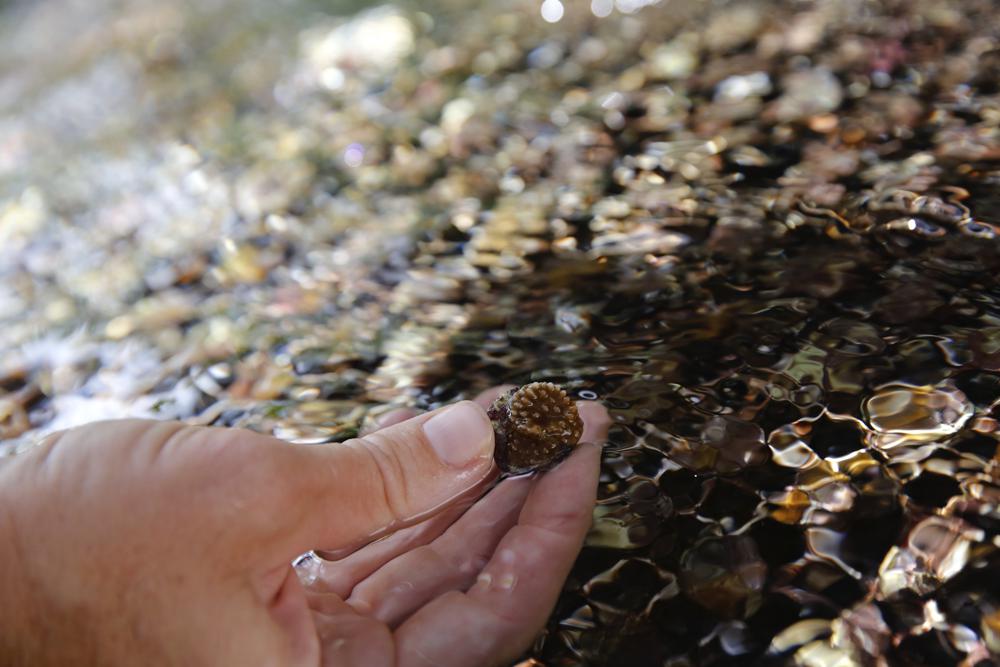The Solomon Island corals appear to be responding to heat stress as water temperatures have been recorded as high as 30 degrees Celsius.
Scientists have identified a widespread coral bleaching event on shallow, inshore reefs that had been previously thought to be less reactive to climate stress, the Wildlife Conservation Society (WCS) said on Saturday.
Impacted reefs were observed during a recent WCS underwater monitoring expedition around Marovo Lagoon, including the Zaira Resource Management Area on the western coast of Vangunu Island, and New Georgia Island in Western Province, Solomon Islands.
The bleaching event was first reported to WCS in late January by community rangers from Zaira, with whom WCS staff have long collaborated to collect ecosystem data to help keep tabs on the health of the region’s coral reefs.
Field scientists had recently begun to notice similar bleaching patterns at a smattering of other project sites, and quickly organised a trip to Zaira in February to undertake reef monitoring surveys led by the community rangers at sites within their locally-managed marine area.
Prior surveys led by WCS in 2016 in nearby areas during the global El Nino-Southern Oscillation event indicated that the reefs around Kolombangara Island in Western Province were relatively robust in the face of the thermal anomalies that caused widespread mass coral bleaching in other parts of the Indo-Pacific.
Footage gathered from the reefs show that this year the Solomon Island corals appear to be responding to heat stress as water temperatures have been recorded as high as 30 degrees Celsius, even down as far as 25 metres in depth. “It is particularly concerning that very healthy and robust coral reefs in the Solomon Islands, believed to be bright spots in terms of reacting to climate stress, are now showing signs of being affected. This puts more urgency on global leaders going into the UN Climate Conference in Glasgow this year to secure their commitments to reduce emissions to limit global temperature rise,” said Stacy Jupiter, WCS Melanesia Regional Director.



